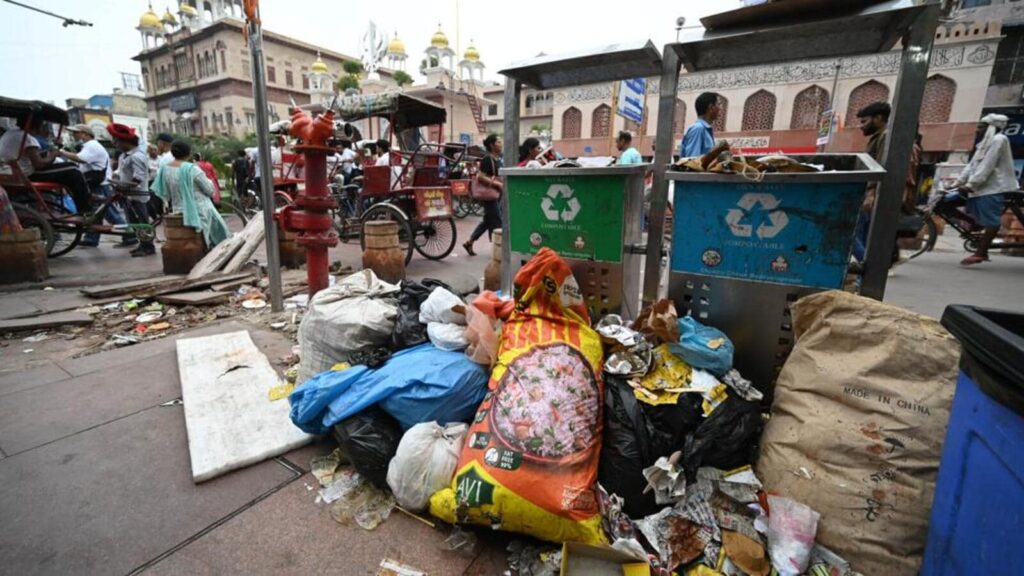Less than 20% bulk waste generators in Delhi complying with norms: Report | Latest News Delhi

Less than 20% of bulk waste generators (BWGs) in the city are complying with waste processing and mandatory composting norms, with the Municipal Corporation of Delhi (MCD) now planning to introduce an online monitoring system to ensure better compliance, agency officials aware of the matter said.

MCD, the officials added, is also planning empanelment of private concessionaires which can work with the bulk generators to manage their waste.
According to a September 2 report of the sanitation department of MCD submitted to the Supreme Court, the civic body has so far identified approximately 4,000 BWGs in the city, of which only 738 are carrying out on-site wet waste composting, as mandated by Solid Waste Management rules 2016 and municipal bylaws.
A senior MCD official, who asked not to be named, said that efforts are being made to ensure that the remaining BWGs also comply with the norms.
“MCD is developing a module in its 311 App for BWGs and monitoring of waste management by them. A request for proposal is being floated for empanelment of agencies for waste management of bulk waste generators in Municipal Corporation of Delhi areas,” the report states.
A BWG is identified as an entity, institution or establishment which generates more than 100kg municipal solid waste every day, or its campus exceeds 5,000 square metres in area, the MCD official said. Some examples of BWGs include societies, market associations, gated communities and hotels, among others.
Solid Waste Management rules mandate that waste is segregated at the point of generation and recyclable material is delivered to authorised waste pickers or recyclers. “They must also process, treat, and dispose of biodegradable waste as much as possible on-site via composting and deliver any remaining waste to waste collectors or an agency designated by the local governing body,” the regulation states.
According to the guidelines laid down by the Central Public Health and Environmental Engineering Organisation in 2017, BWGs in a city can contribute up to 20-30% of waste generated in that area.
To ensure better compliance in residential areas, a secondMCD official said that they are working on providing property tax incentives to such colonies for segregation and composting of waste.
In the last financial year (2023-24), 353 such colonies received zero waste certification, and MCD now plans to add another 100 zero waste colonies by May 2025, and 100 more by May 2026, the official said.
The neighbouring city of Gurugram has taken multiple steps to rein in such BWGs by reducing the waste generation criterion from 100kg to 50kg/day and creating a dedicated portal to manage them. An MCG official said that spot fines of ₹25,000 are issued in case of violations and fines to the tune of ₹11 crore have been issued so far. The civic body also classified residential societies as bulk waste generators unlike Delhi.




